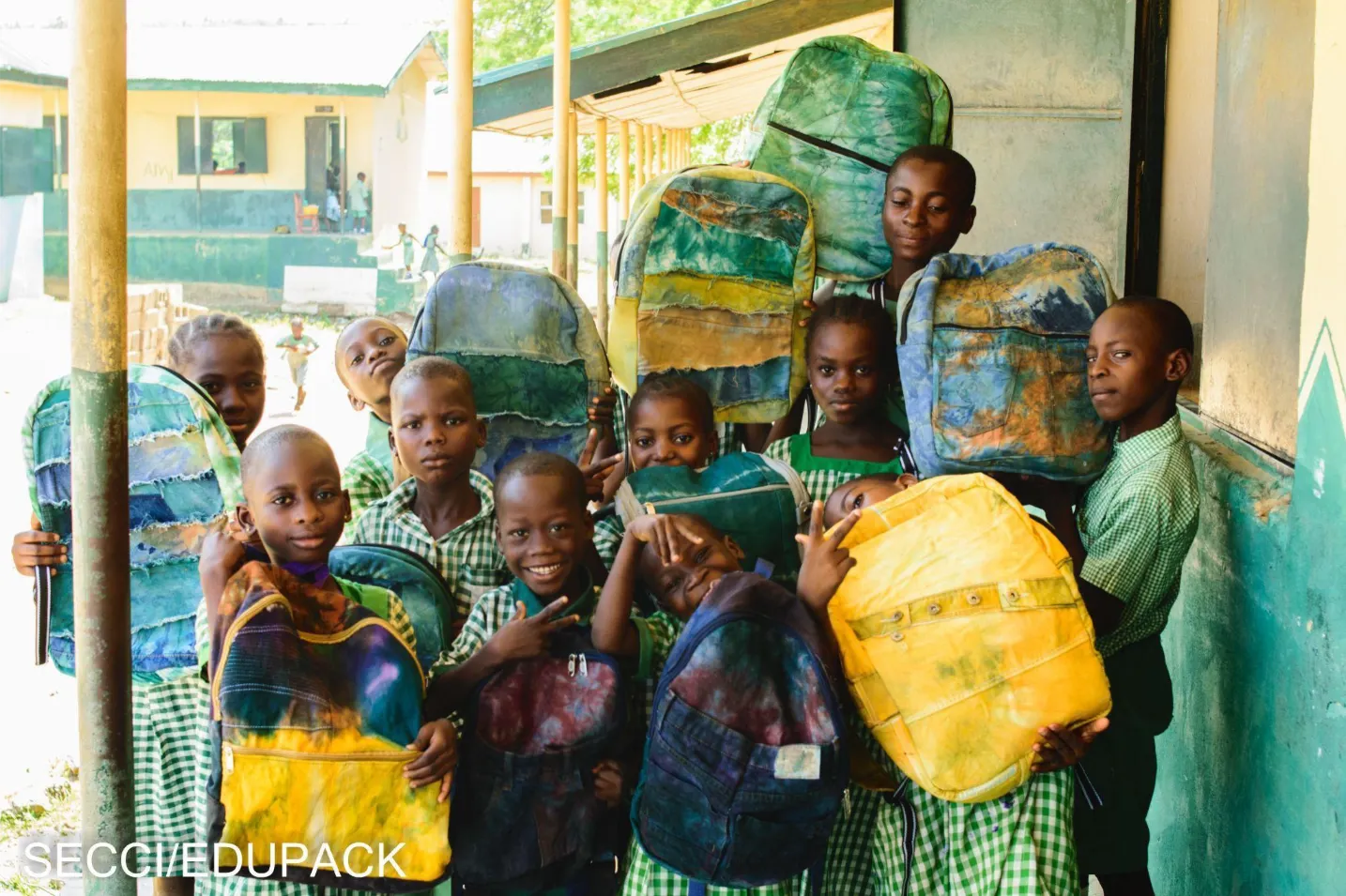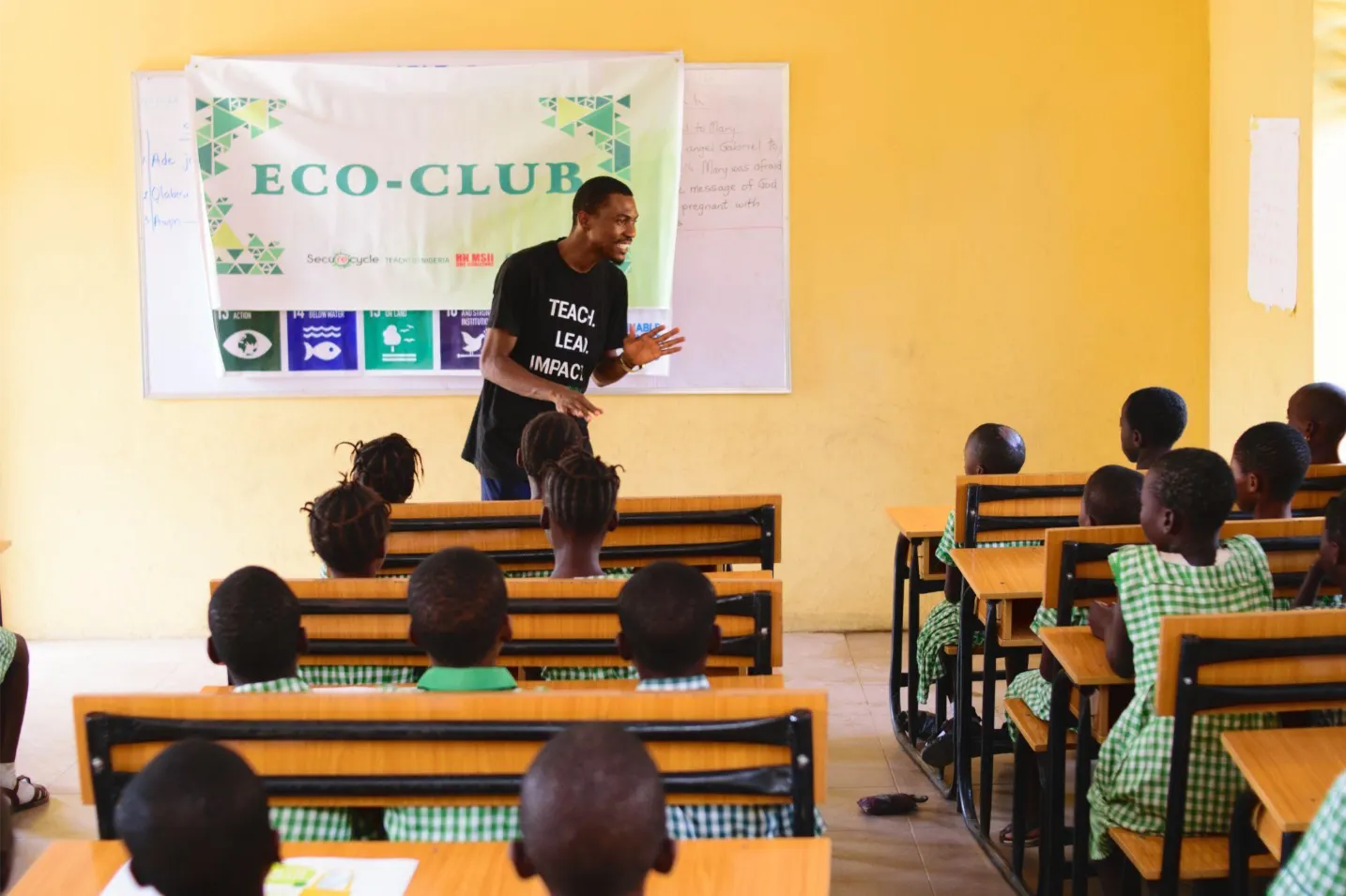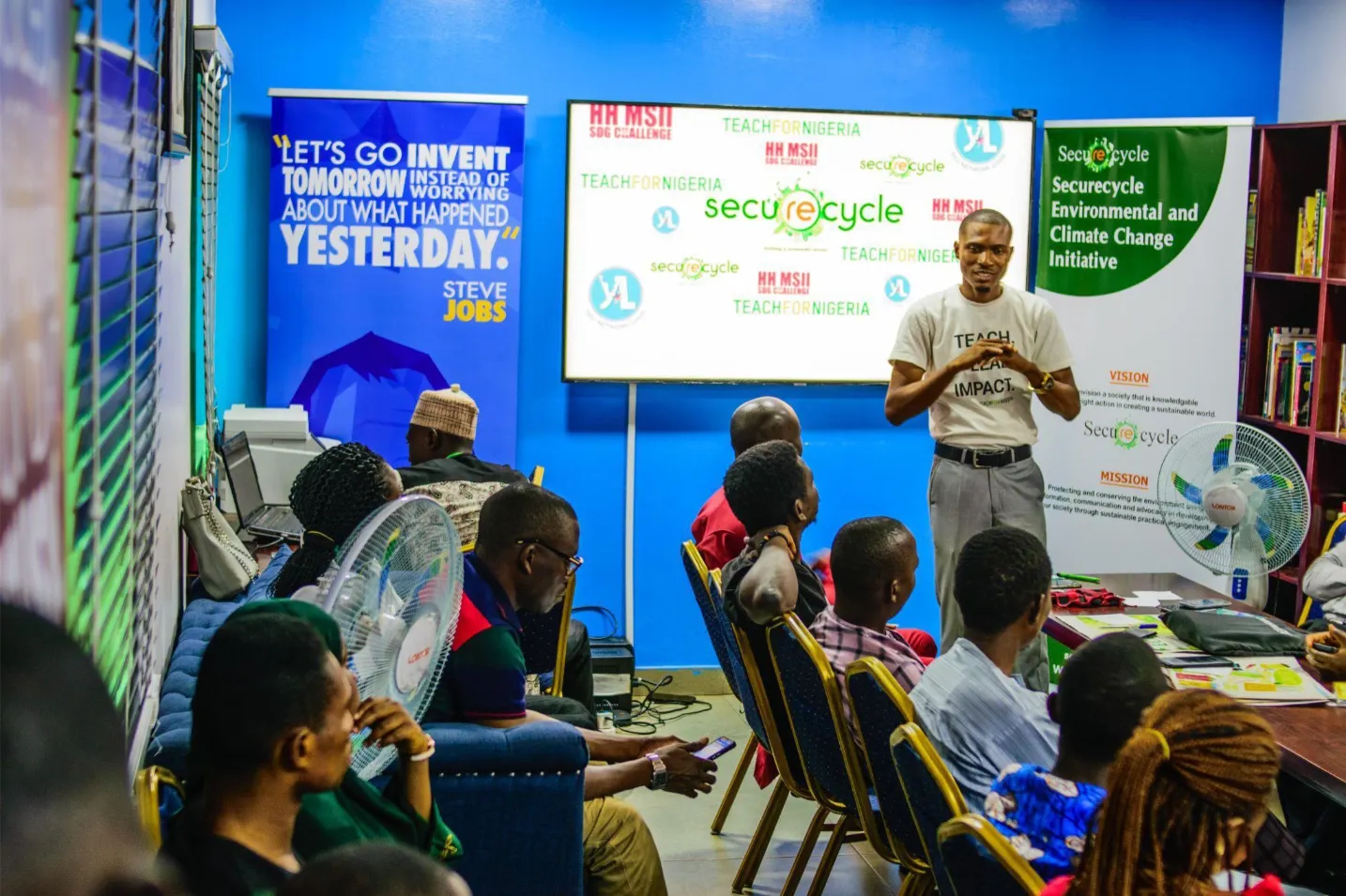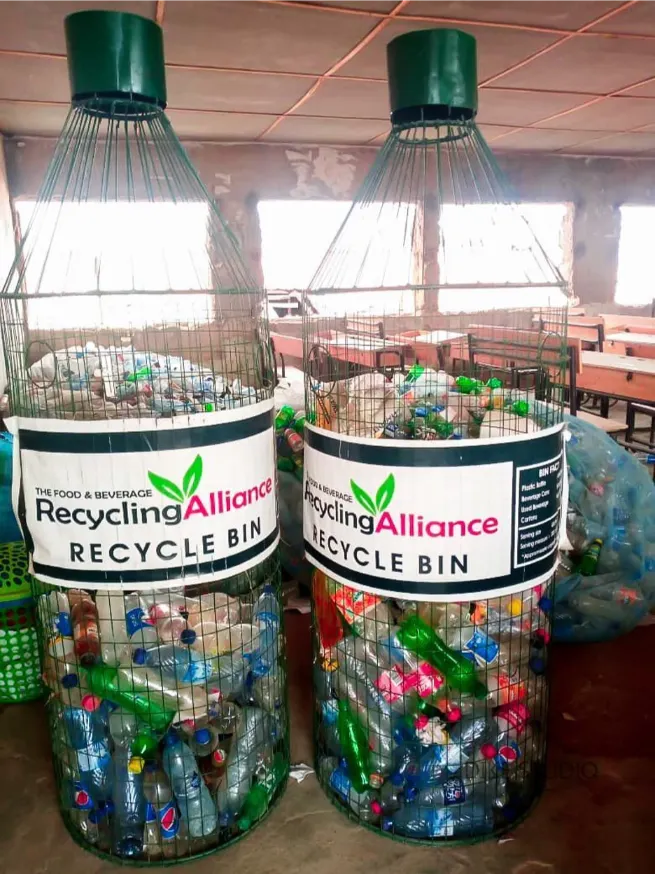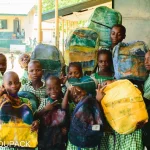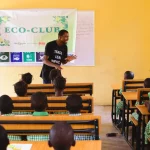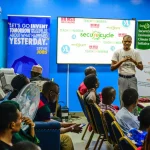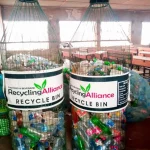Teacher: Emmanuel Kilaso

Emmanuel Kilaso
Emmanuel Kilaso, is a dynamic social innovator and youth development expert from Nigeria, he is on a mission to drive positive change. He founded Securecycle Environmental and Climate Change Initiative to tackle environmental and climate challenges, raising awareness and empowering young individuals. With over two years of teaching experience and a year as a program officer for school leaders’ development, Emmanuel is dedicated to nurturing the potential of learners and fostering active citizenship. He’s a visionary, driven by environmental sustainability, and seeks to inspire others through speaking engagements, training, and mentorship.
Usefull links related to the Solution
Overview
Emmanuel was teaching in a primary school in Ogun State, Nigeria when he observed that his students faced many challenges including poverty and low academic outcomes. Another problem in the area was environmental degradation. This led Emmanuel to start the Securecycle initiative to address these issues and provide quality climate change education.
Theory of Change
Before Securecycle’s intervention, many students in the target schools were not receiving comprehensive climate change education, which is vital for understanding and addressing the challenges posed by climate change. The Securecycle initiative provides quality climate change education and removes the barriers which prevent students from accessing schooling; therefore empowering the next generation to make informed decisions about their climate impact.
Approach and Actions
Securecycle’s project tackles these issues by implementing a multi-faceted approach. Firstly, the organization addressed the lack of climate education in the area by training 18 teachers. These educators are now equipped with the knowledge and skills to teach their students about climate change, effectively incorporating this critical topic into the curriculum. Ten extracurricular environmental clubs were also set up in schools across the region. These clubs provide a platform for students to engage actively in sustainability efforts, fostering leadership skills and a sense of environmental responsibility among the students.
The Securecycle initative incorporate a mechanism for providing resources to students who are experiencing poverty. The initiative has so far donated 100 school bags made from old jeans to students, this has contributed to solving the issue of students in underserved communities lacking essential school supplies. The project repurposes materials that would otherwise be discarded, simultaneously promoting recycling and environmental responsibility.
Finally, the project has also coordinated the planting of 100 trees at schools. This has directly addressed deforestation in the area and has helped students understand the importance of reforestation in combating climate change. This practical experience reinforces the lessons taught in the classroom and empowers students to take a hands-on approach to sustainability.
Impact
The project has so far distributed 100 school bags to children in need and has recieved feedback from the recipients stating that their self-esteem and confidence has increased. The feedback from the newly trained teachers has been equally positive with 80% reporting that they now integrate climate related topics into their day-to-day teaching and that student engagement, critical thinking and initative taking has improved. Teachers have also expressed a sense of agency and pride in their role as climate educators. In the longer term, the project is expected to contribute to the development of a generation that values and protects the environment, making them effective stewards in the ongoing battle against climate change.
